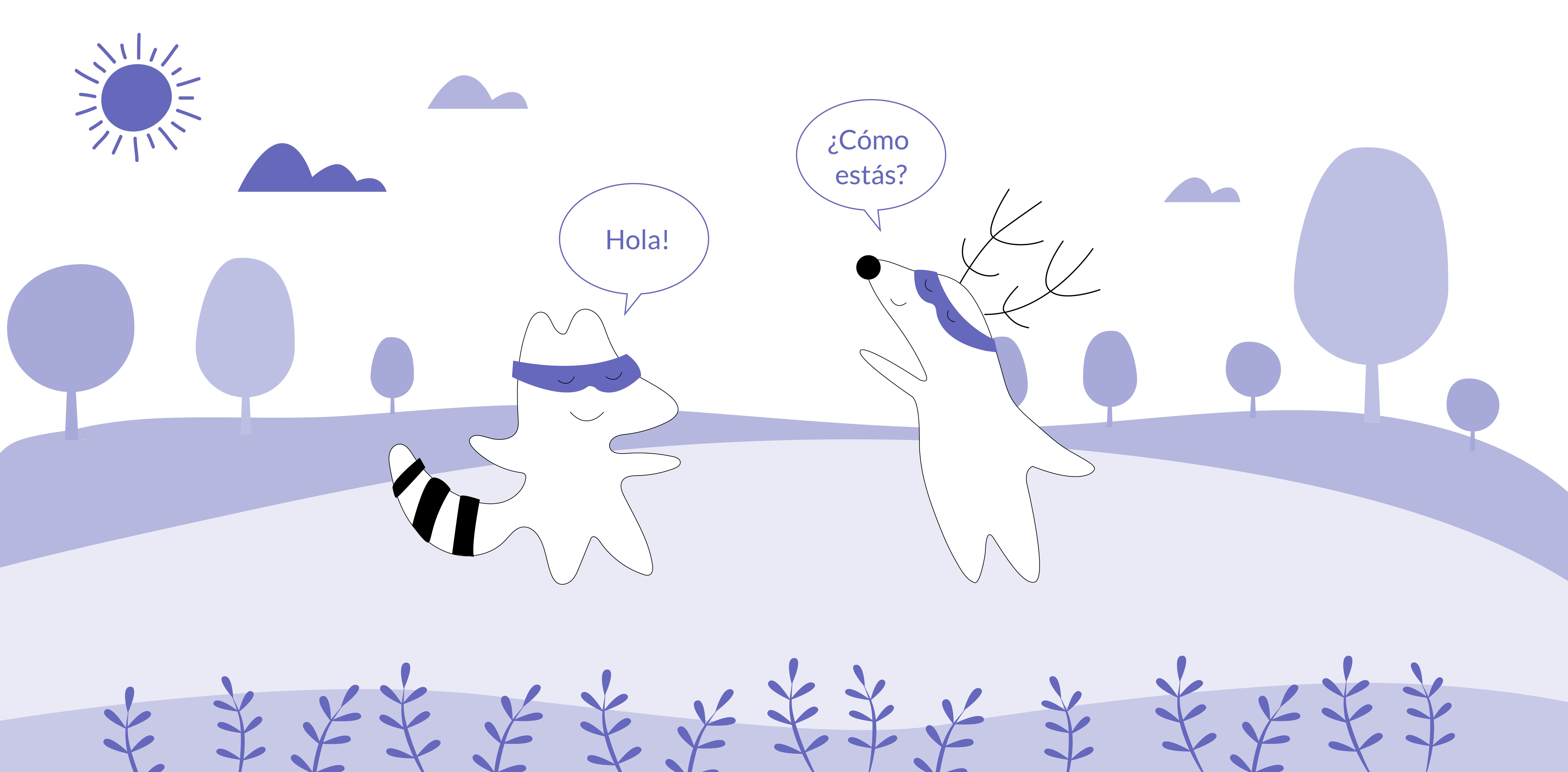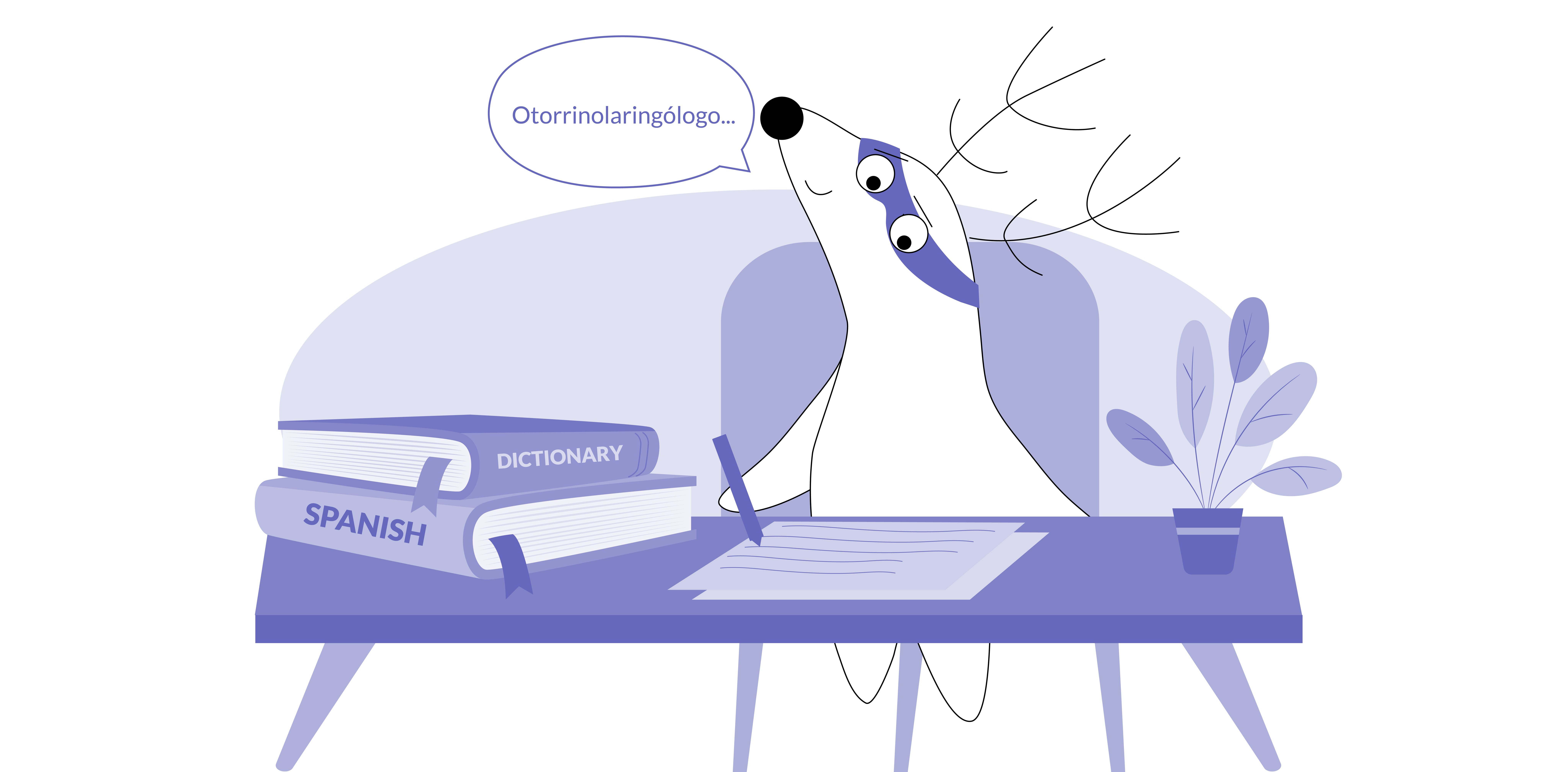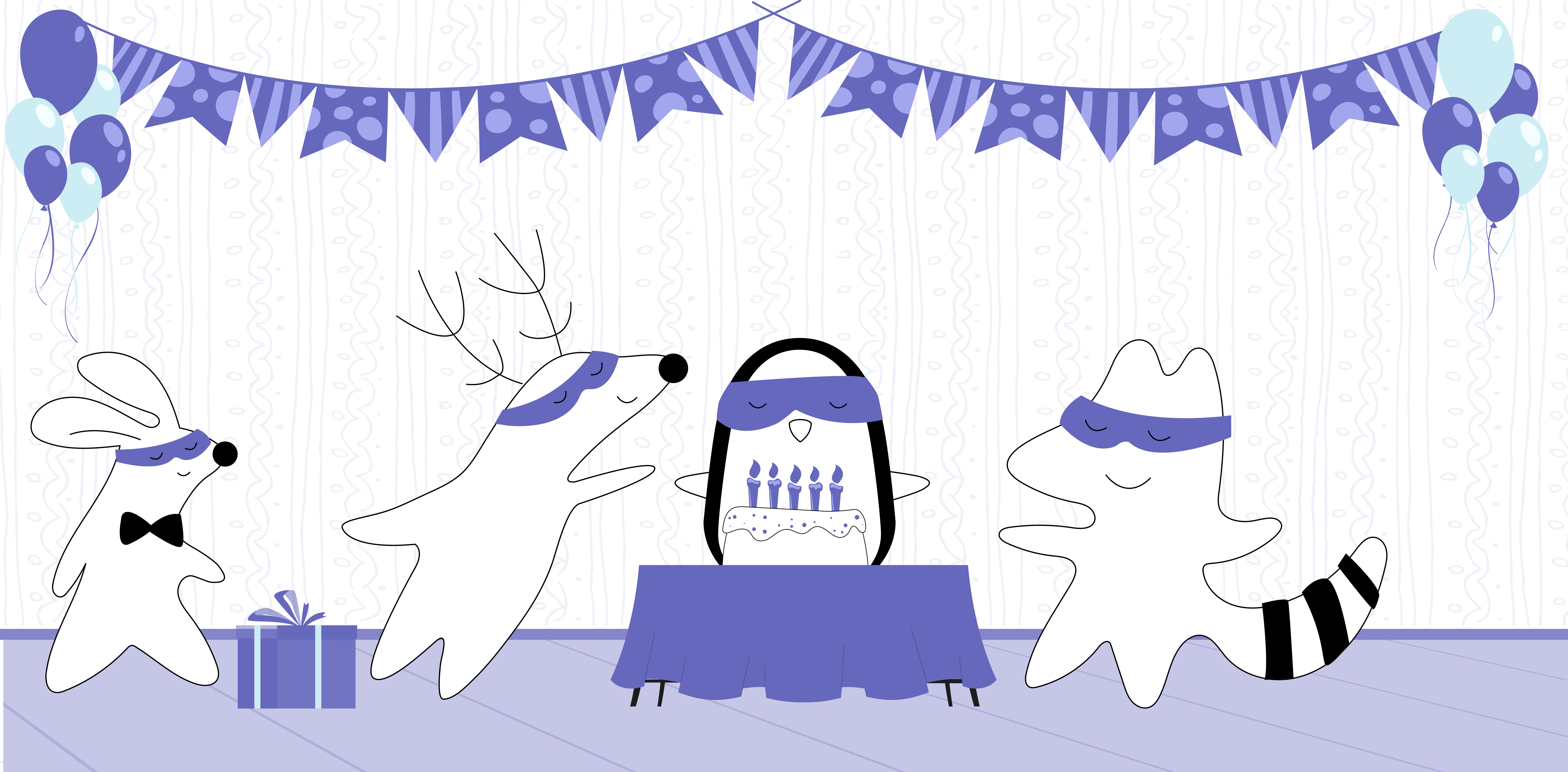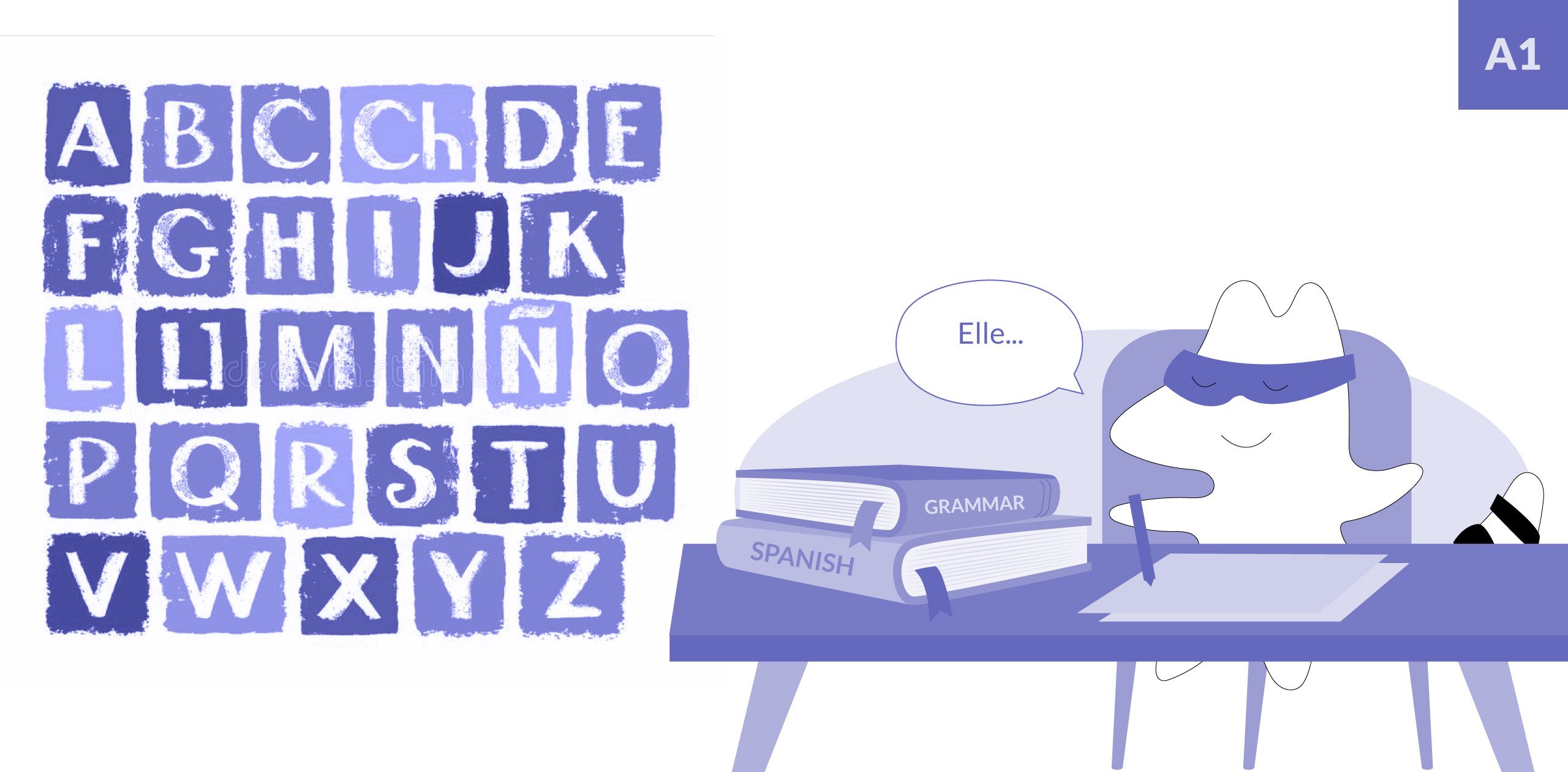
It's no secret that learning a new language can be challenging. But, with a little dedication and hard work, it's definitely possible to become proficient in Spanish. The key is to set realistic goals for yourself, and then find the learning method that works best for you.
Foreign Service Institute (FSI) research estimates that it takes approximately 600 hours to reach a basic level of proficiency in Spanish. However, this number will vary depending on your starting point and how much time you're able to dedicate to learning each week.
In this article, we'll give you some tips on how to speed up the process of learning Spanish. By understanding the factors that affect the learning process and following our suggestions, you'll be well on your way to becoming a fluent speaker in no time!
Learn Spanish with Langster
Spanish Language Levels According to CEFR
According to the Common European Framework of Reference for Languages (CEFR), there are six levels of Spanish proficiency: A1, A2, B1, B2, C1, and C2. Here is a quick breakdown of each, along with information on how many hours it takes to master each level.
A1
A1 is the beginner level, and it's considered the most basic form of Spanish. At this level, you'll be mostly dealing with basic grammar and vocabulary topics, creating a solid foundation for your Spanish learning journey.
It takes about 70-80 classroom hours of study to reach A1 proficiency.
A2
A2 is the next level up, and it's considered elementary Spanish. At this level, you'll be able to understand and use basic phrases and sentences in order to communicate in everyday situations.
You’ll need 100 additional hours of study after achieving the A1 level to speak Spanish at the A2 level. This makes it between four and seven months of learning Spanish in total. For instance, if you dedicate at least one hour a day to learning Spanish, a couple of months should be enough to complete this level.
B1
B1 is the intermediate level, and it's for those who have a good understanding of Spanish grammar and vocabulary. You'll be able to handle most everyday situations, become more conversational and confident when communicating with your Spanish-speaking friends, and understand complex written texts.
You’ll need approximately 150-180 more hours in a traditional classroom to move from A2 to B1 level. Depending on the intensity of your Spanish immersion, one year of study in total should be enough to achieve Spanish proficiency to this level.
B2
B2 is the advanced level, and it's for those who have an excellent command of Spanish grammar and vocabulary. You'll reach conversational fluency, navigate small talk with native Spanish speakers without too much difficulty, and write complex texts with ease.
It can take 240-260 additional hours of Spanish classes after you’ve reached B1 to master your Spanish skills to the B2 level. It is the most challenging stage for language learners, as it can take up to another year to complete this level.
C1
C1 is the superior level. Once you achieve it, you'll be able to understand even the most complex texts and native-level content, as well as communicate fluently in all situations.
It takes around 200-240 additional hours to move from B2 to C1. Depending on your learning pace, it can take two to two and a half years of total study to learn Spanish to this level.
C2
C2 is the last level of Spanish proficiency, and it's for those who have a near-native understanding of the language. At this level, you'll finally achieve fluency in the Spanish language.
You’ll need to study Spanish for additional 180-240 hours to complete this level. On average, it can take anywhere from a year and a half up to three years to learn Spanish from A1 to C2.
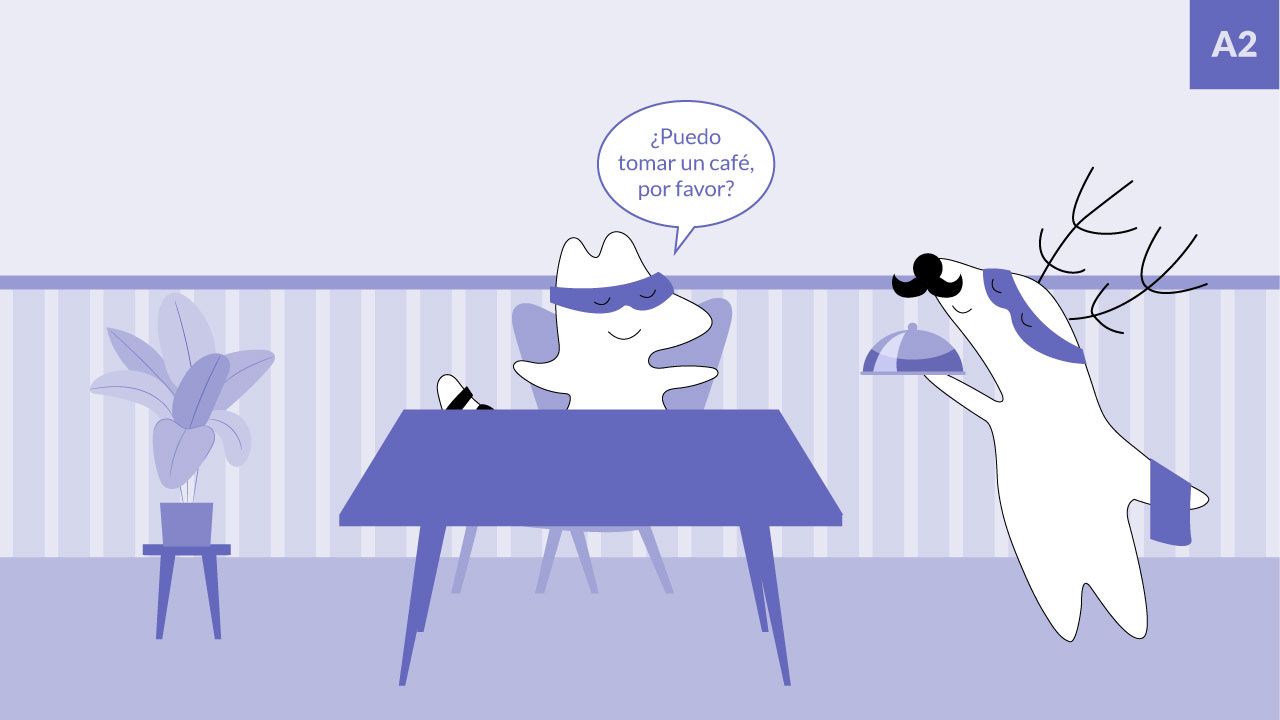
Factors That Affect the Language Learning Process
A number of factors affect the language learning process. Some of the most important ones include:
Your Starting Point
How much Spanish knowledge do you already have? If you're a beginner, it will obviously take longer to reach proficiency than if you already have some knowledge of the language.
Other than that, how much experience do you have in learning languages? It might not be obvious, but your mother tongue and whether you’re already bilingual can have a significant impact on how long it takes you to learn Spanish. For instance, learning a third language is easier than learning a second.
Moreover, if you’re a native speaker of a Romance language, it will definitely ease the learning process for you. In contrast, if your native language has nothing in common with any Romance or Germanic language, learning Spanish might be tricky at first.
Learning Pace
How much time are you able to dedicate to learning each week? If you can only spare an hour or two, it will obviously take longer to become fluent in Spanish than if you're able to dedicate several hours each day.
In addition, how quickly do you learn? Some people are able to pick up new information and skills quickly, while others require more time to process things. There's no right or wrong answer here - it all depends on your individual learning style.
Learning Method
What learning method are you using? Some methods are more effective than others, so it's important to find one that works well for you. There are a variety of different learning methods available, including:
- traditional classroom instruction,
- online courses,
- language immersion programs,
- self-study.
Each person learns differently, so it's important to find a learning method that works well for your particular needs. If you're not sure where to start, try out a few different methods and see which one works best for you.
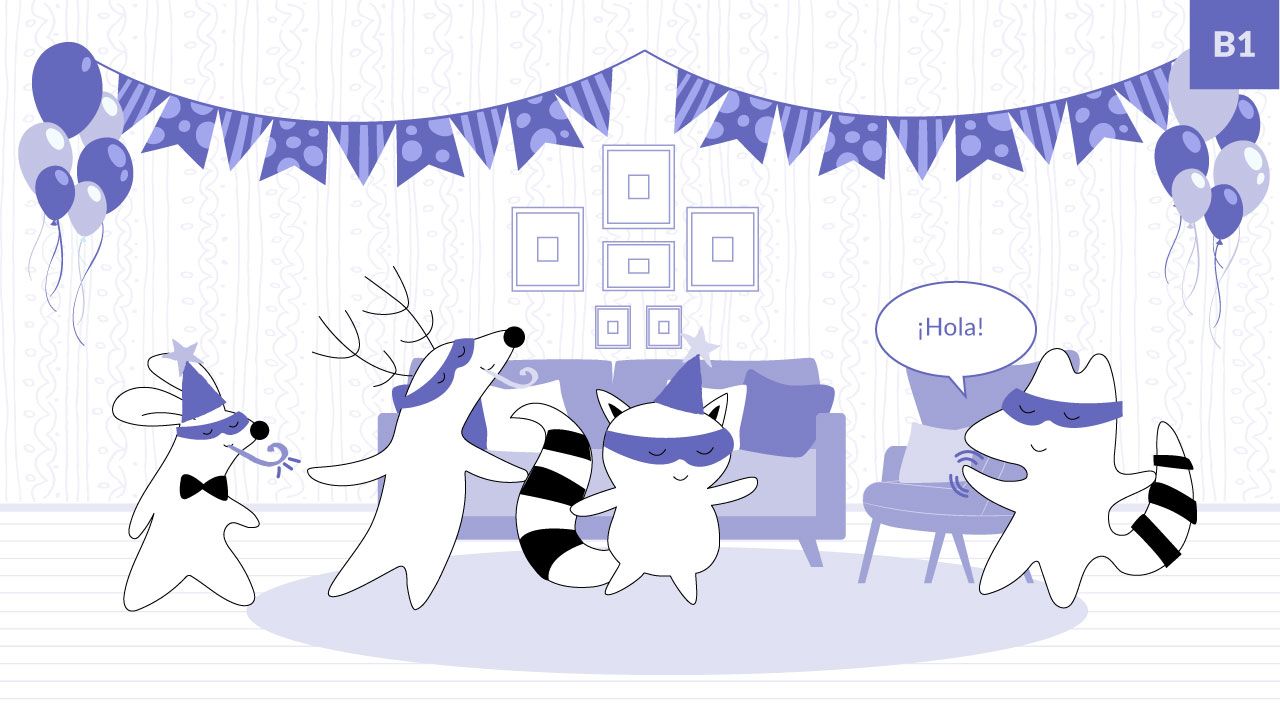
Spanish Immersion Level
How much exposure do you have to the Spanish language? If you live in a Spanish-speaking country, you'll obviously be exposed to the language on a daily basis. This will undoubtedly help you learn more quickly than if you only get to hear and practice it occasionally.
In addition, how immersion-based is your learning method? For instance, if you're taking a traditional classroom course, you might only be exposed to the language for a few hours each week. On the other hand, in an immersive online course, you could be exposed to the language for several hours each day.
The more exposure you have to the language, the faster you'll learn. This can be done by traveling to Spanish-speaking countries or by surrounding yourself with Spanish media and resources on a daily basis.
Motivation and Dedication
If you're only casually interested in learning the language, it will take longer than if you're laser-focused and determined to become fluent. In addition, if you're only studying occasionally, it will obviously take longer to reach proficiency than if you're studying regularly.
Learning a new language can be challenging, but if you're motivated and dedicated, you'll progress faster. For this reason, it's important to set achievable goals for yourself, be patient, and celebrate your accomplishments along the way! Learning a foreign language takes time, but it's definitely possible with a little bit of dedication and hard work.
Actionable Tips to Help You Learn Spanish Faster
Now that you’re well aware of how long it takes to learn Spanish at a decent level and understand the factors affecting your Spanish learning process, here are several valuable tips to speed up the process:
Set Realistic Goals
The first step to learning Spanish is to set realistic goals for yourself. If you're starting from scratch, it's important to be patient and understand that it will take some time to reach conversational fluency.
It's helpful to break your goals down into smaller, more manageable pieces. For example, rather than saying you want to be fluent in Spanish in six months, you could set a goal of dealing with basic grammar and being able to carry on a basic conversation in the same time period.
Find the Right Learning Method
Once you've set your goals, it's time to find the learning method that works best for you. Some people learn best by taking formal classes, while others prefer to learn Spanish online or on their own with self-study materials. There's no right or wrong answer here, so it's important to find a method that you're comfortable with and will commit to.
If you're not sure where to start, there are plenty of online resources that can help you learn Spanish at your own pace – this can be a good starting point.
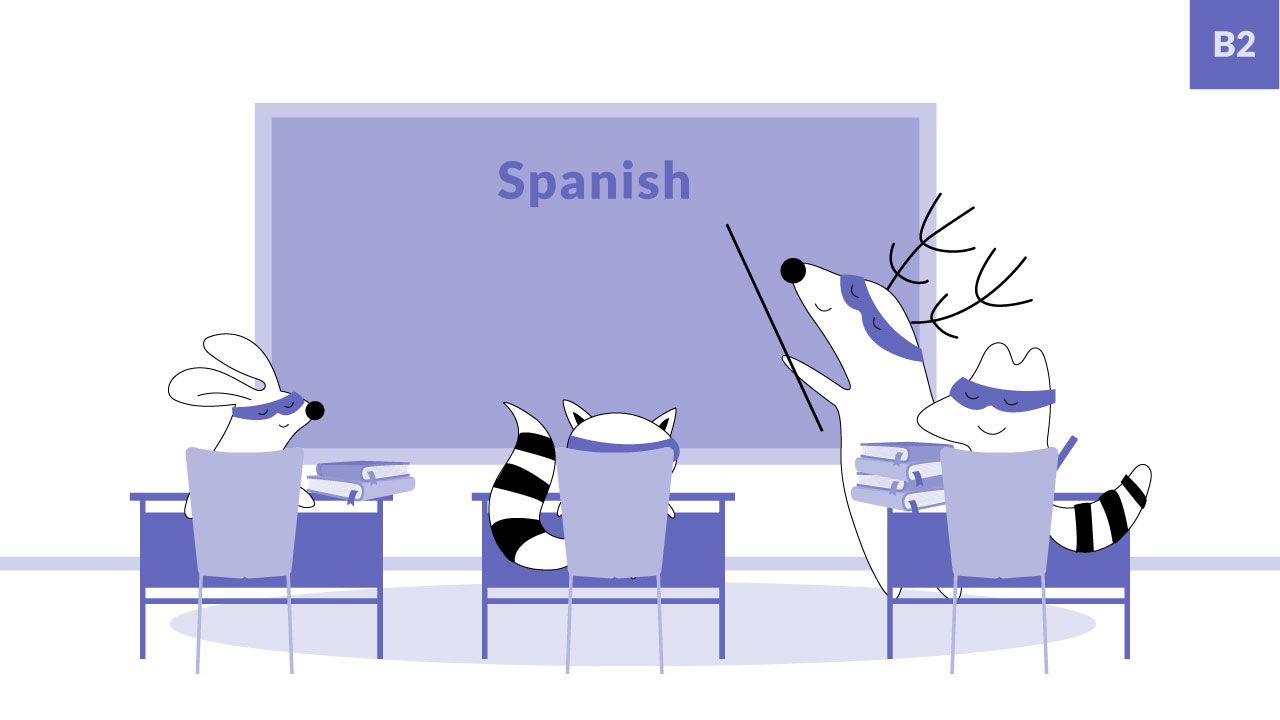
Don't Be Afraid to Ask for Help
If you have trouble understanding a concept or sticking with your goals, don't be afraid to ask for help. For instance, you shouldn’t hesitate to ask your Spanish tutor to explain something once again or dedicate more time to a particular topic if you’re not feeling confident enough to move further.
In addition, there are plenty of online forums and resources where you can find many native speakers who are happy to help others learn the language and offer guidance and support. So, don't be afraid to reach out for help when you need it!
Practice, Practice, Practice
One of the best ways to learn Spanish is to practice as often as possible. If you can find a native speaker to practice with, that's ideal. But, even if you don't have access to a native speaker, there are still plenty of ways to practice speaking on your own.
You can find many online resources that offer learning materials ranging from news articles to expand your knowledge of Spanish words to Spanish music and podcasts that will boost your listening skills. You can also watch Spanish tv shows or look into apps and websites that offer Spanish language games and quizzes to diversify your learning experience.
The more you practice, the better your chances of reaching your goals, so make sure to find time for practice every day!
Stay Motivated
Learning a new language can be challenging, so it's important to find ways to stay motivated. One way to do this is to set small goals for yourself and celebrate each time you reach one. Another way is to find a Spanish-speaking friend or partner and practice your language skills together on a regular basis.
It's also helpful to immerse yourself in the language as much as possible. This means finding Spanish material that you enjoy, such as books, movies, or music. The more you enjoy what you're doing, the more likely you are to stick with it.
Conclusion
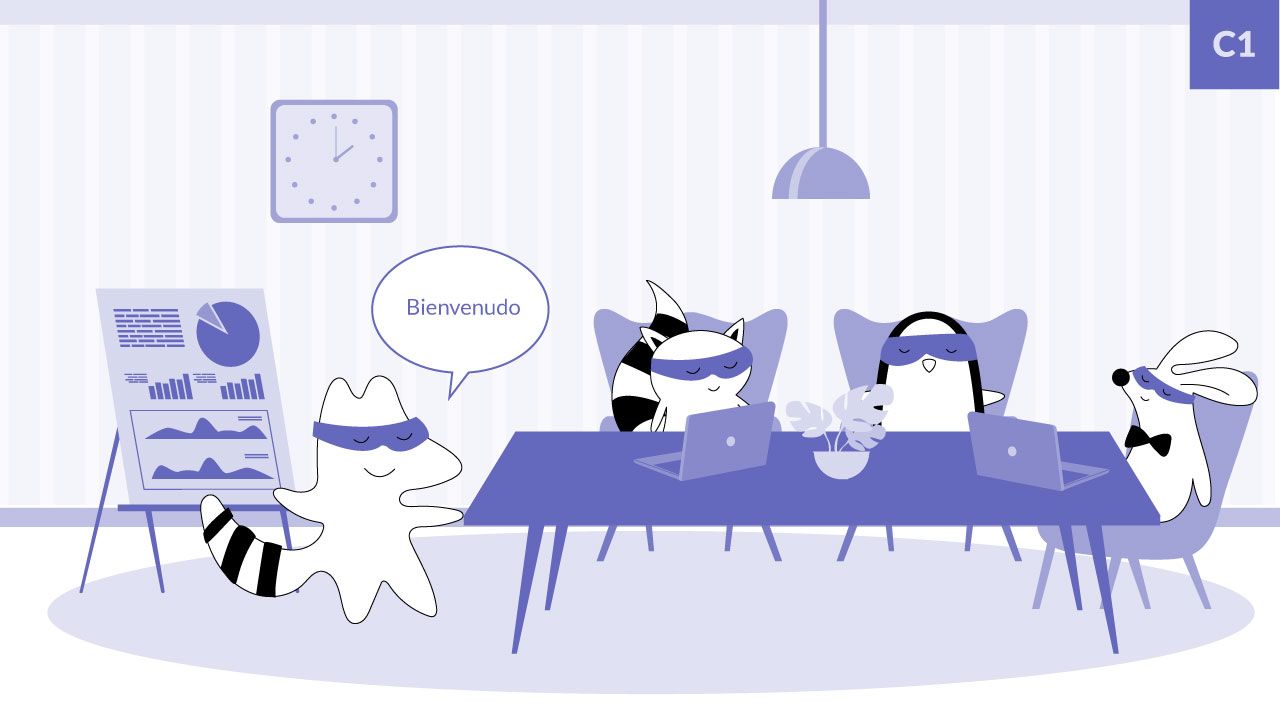
If you're looking for a way to learn Spanish quickly and easily, these tips should help get you started. By setting realistic goals, finding the right learning method, and practicing regularly, you'll be able to progress quickly and enjoy the process along the way.
Stay motivated by setting small goals for yourself and celebrating each accomplishment, and find ways to immerse yourself in the language as much as possible – our Langster app comes in handy here. With a little bit of dedication and hard work, you'll be speaking Spanish like a pro in no time! Good luck!







